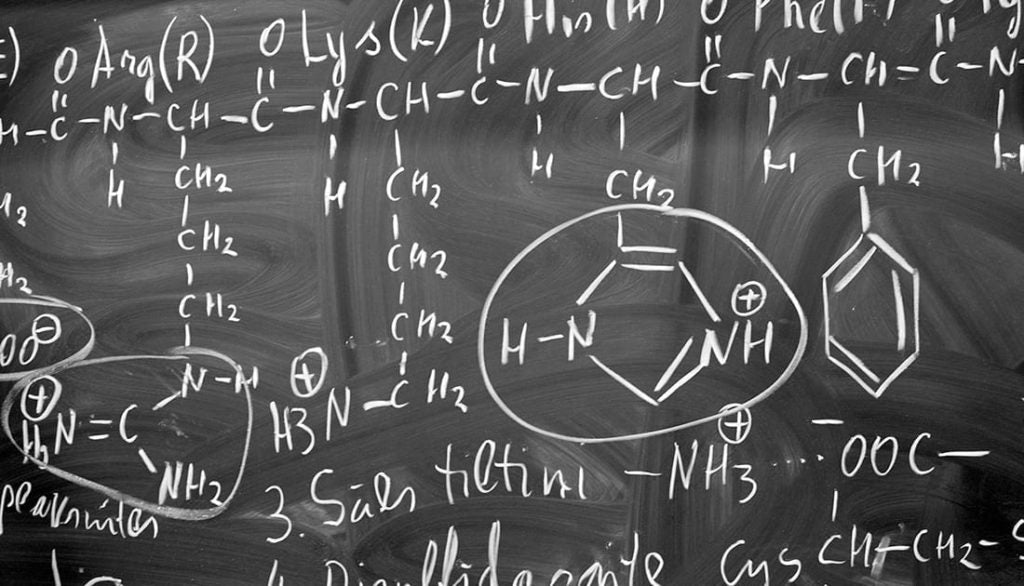Amino acids are the “building blocks” of protein. While there are around 100 total amino acids naturally-occurring, humans only need about 20 of them. Many know amino acids play a vital role in protein synthesis, but they’re also necessary for nutrient storage, neurotransmitter production, energy generation, and nucleotide synthesis. They’re also needed for tissue repair and metabolism maintenance too.
But within the robust family of amino acids, there are some that are especially important you could even say they're essential. Ahead, we've got a quick primer on which amino acids you need to optimize performance, maintain health, and grow muscle!
Types of Amino Acids
Amino acids are divided into two categories: essential and non-essential.Essential Amino Acids
Of the 20 amino acids needed by the human body, nine of them are considered essential. That is, these essential amino acids (EAAs) are those amino acids the body cannot synthesize and therefore must consume them through food or supplementation. These nine essential amino acids must be consumed through the diet (via food or supplementation) to maintain protein synthesis, build muscle, and survive. The nine EAAs are:- Histidine
- Isoleucine
- Leucine
- Lysine
- Methionine
- Phenylalanine
- Threonine
- Tryptophan
- Valine
Non-Essential Amino Acids
Along with the nine essential amino acids of the human body, there are also 11 nonessential amino acids. These amino acids are termed "non-essential" because the body can create them from other amino acids and nutrients in the body. The 11 non-essential amino acids are:- Alanine
- Arginine
- Asparagine
- Aspartate
- Cysteine
- Glutamate
- Glutamine
- Proline
- Serine
- Tyrosine

